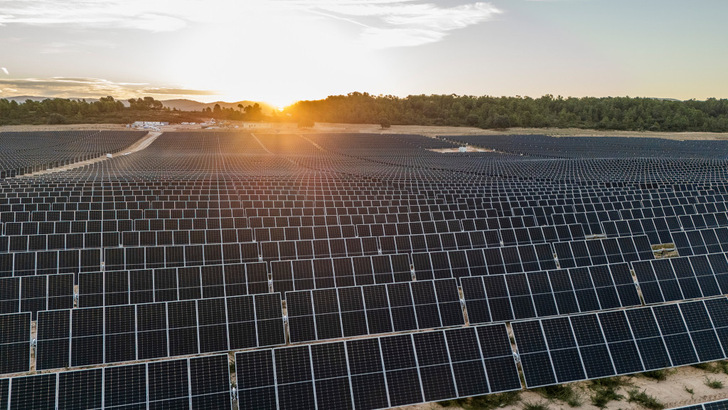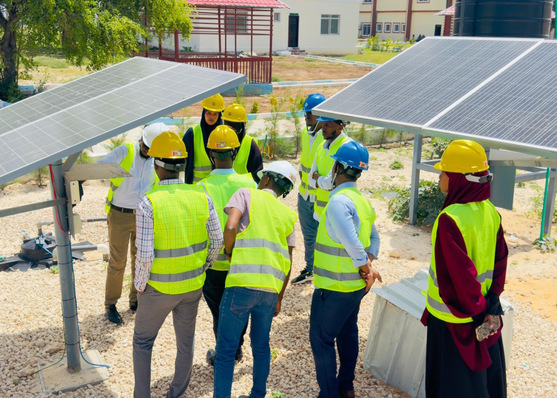Following the adoption of the Royal Decree Law (RDL) to update the electricity system, the Spanish Photovoltaic Association UNEF has offered a positive assessment. “It will bring more stability, robustness and flexibility to the electricity system, allowing renewable sources to play a central role in this transition,” said José Donoso, Director General of UNEF, who also noted that the updated legal framework now reflects the maturity of the Spanish photovoltaic sector.
Legal framework includes battery storage for the first time
For the first time, the regulation includes provisions for battery storage. This will enable PV operators to contribute more significantly to voltage control – a long-standing demand from the sector. As voltage regulation depends on geographic distribution, solar power is well positioned to provide this service thanks to its decentralised nature.
Also read: Iberian blackout shows PV’s stabilising potential
By offering voltage support, solar systems can also help reduce the cost of technical curtailments. UNEF highlighted that simplified administrative procedures will ease the integration of storage, particularly batteries added to existing installations – a technology expected to become essential for grid stability.
Boosting electrification and energy independence
The new rules also enable more dynamic grid planning by replacing the previous static five-year model. Conditions for self-consumption have been improved, including the introduction of a collective self-consumption manager and an increased maximum distance of 5 km for shared excess energy use. These changes are expected to better align generation with demand at the local level.
APPA study: Electrification offers historic opportunity for Spain
UNEF further emphasised that the decree strengthens the electrification of Spain’s economy. According to Donoso, the regulation enhances security of supply and national energy independence while delivering measurable progress on decarbonisation and climate resilience. (nhp)









